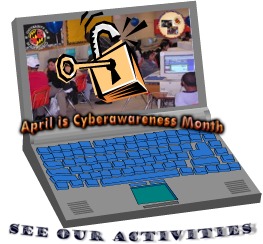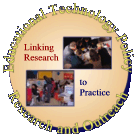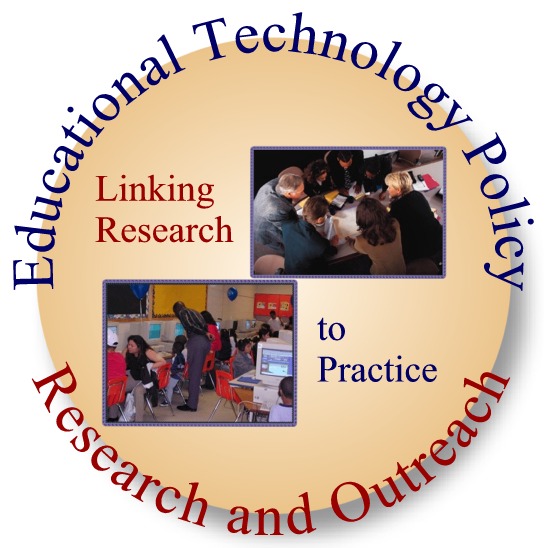 April
is Cyberawareness Month! April
is Cyberawareness Month!
Setting your clocks forward or back for Daylight Saving
Time and replacing the batteries in smoke detectors are rituals
repeated every spring and fall. Similarly, the National
Cyber Security Alliance established April 4, 2004, as Cyber
Security Day to raise awareness about Internet safety and computer
security issues (EDUCAUSE,
2004). While colleges and universities across the country planned
security education and awareness events to help promote Cyber Security
Day, Educational Technology
Outreach planned a month’s worth
of activities to help the K-20 community’s awareness of cybersecurity
issues and promote safe online practices.
- Rutgers University
is encouraging its students, faculty, and staff to "Spring Ahead
to Security!!" on a Web site devoted to National Cyber Security
Day.
- University
of Maryland's Project Nethics and OIT promoted "Spring Cleaning:
Computers Need It Too!" through print and web based resources
and a student awareness event.
- The George
Mason University IT Security Office featured a week-long lineup
of lunchtime presentations promoting cyber security awareness.
- The University of Arizona
developed a series of humorous posters to reinforce messages that
are designed to prevent identity theft and other consequences
of improperly secured computers.
- The Office of Information Technologies at the University of
Virginia has published on the topic of developing campus-wide
security education and awareness in EDUCAUSE Quarterly [PDF
- 57KB] and serves as part of the Virginia Alliance for Secure
Computing and Networking (VASCAN) that has compiled a
collection of security tools and best practices from Virginia
universities.
First held in 2002, the semi-annual National Cyber Security Days are coordinated
with daylight savings in April and October in the U.S. and are intended
to raise the public's awareness of cybersecurity issues and promote
safe online practices. Read on to find out more about National Cyber
Security Day:
While the semi-annual National Cyber Security Days might be a “well
kept secret” to some, others like the National
Cyber Security Alliance and EDUCAUSE’s
Security Task Force encourage and support events, activities
and programs that observe the Cyber Security Days, as well as all
Cyber awareness initiatives.
Educational Technology
Outreach feels strongly that 2 days (April 4th and October 31st)
are not enough to help the K-20 community’s awareness of cybersecurity
issues and promote safe online practices. Therefore, in addition
to Maryland’s Math
Month participation, it’s time to celebrate and participate
in Cyber-awareness month.
A calendar format lists Cyber-awareness activities and resources
that can help educators and their students celebrate Cyber-awareness
Month in April. ETO
would like to hear about the great things you do during April to
promote Cyber-awareness.
Schools’ participation may be showcased at the ETO
website and the C3 Conference.
|





















